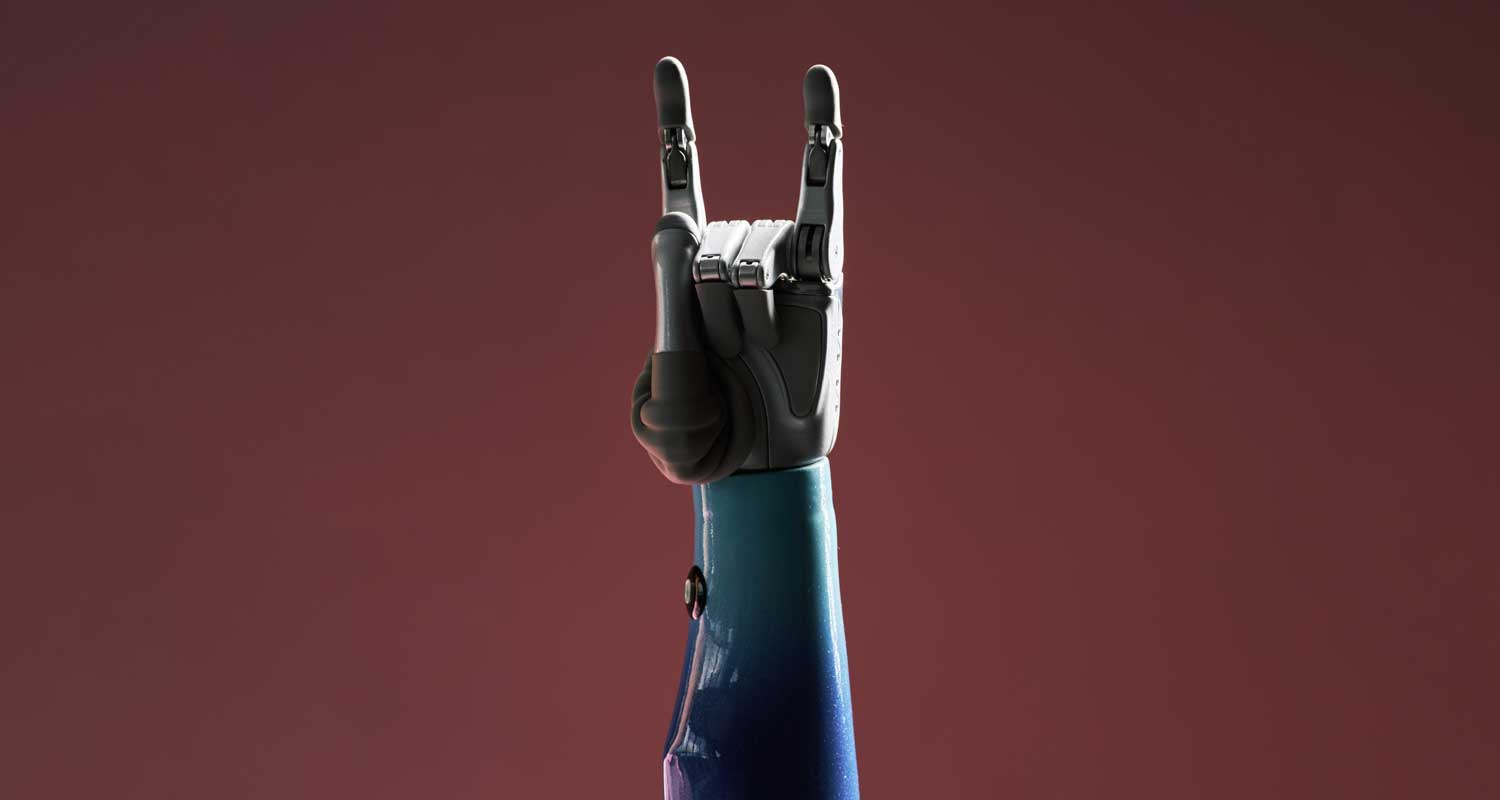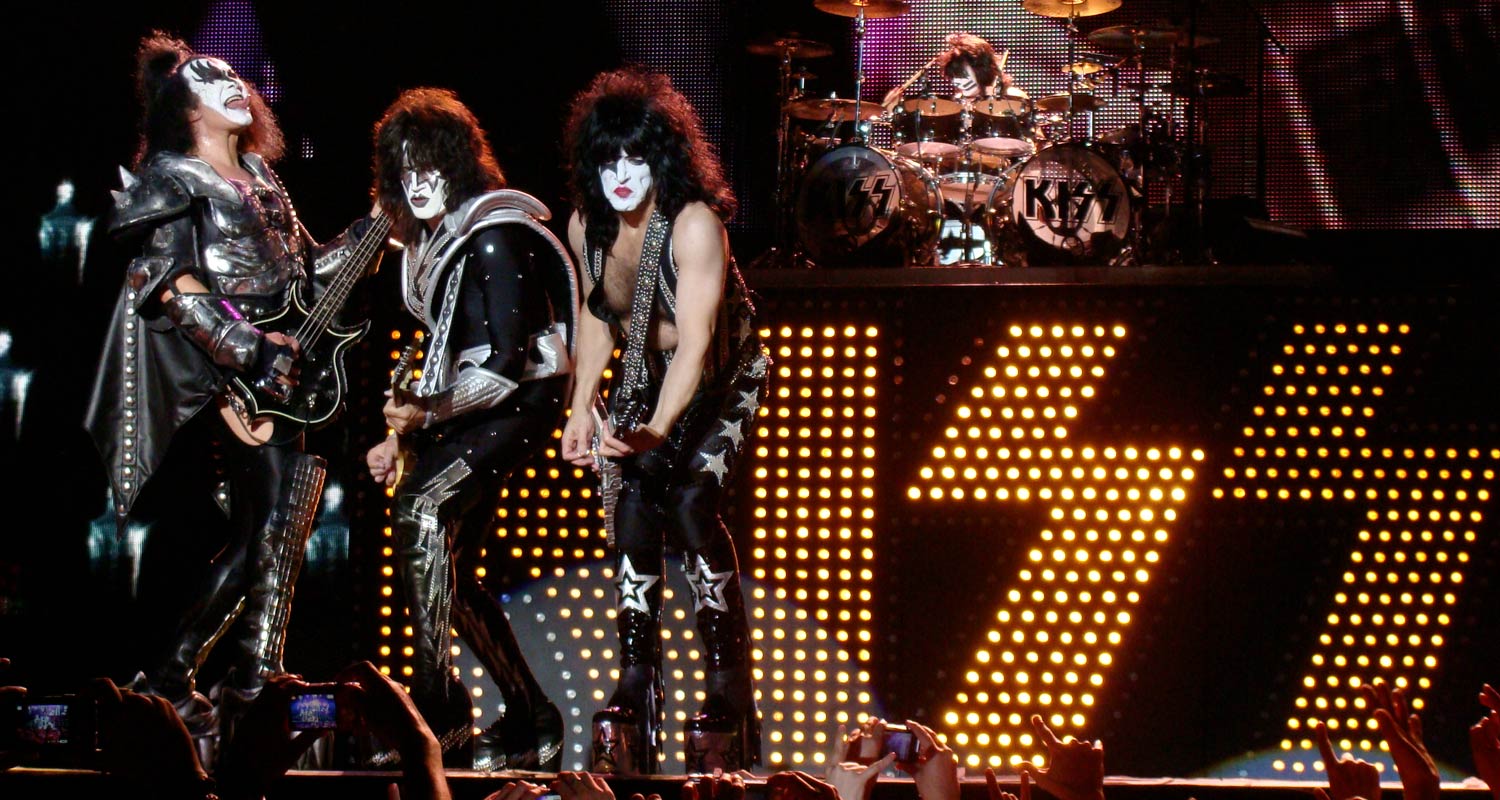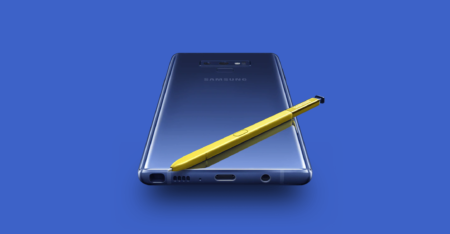 Gene Simmons is one of the shrewdest marketing minds ever to wear face paint and lick a bass guitar. The Kiss co-founder and his bandmates pioneered the original fandom (Kiss Army), invented the speculative NFT (photos of the band without make-up that self-destructed in five minutes), and recently agreed a lucrative sale of the band’s back catalogue and brand in a deal worth a reported US$300-million.
Gene Simmons is one of the shrewdest marketing minds ever to wear face paint and lick a bass guitar. The Kiss co-founder and his bandmates pioneered the original fandom (Kiss Army), invented the speculative NFT (photos of the band without make-up that self-destructed in five minutes), and recently agreed a lucrative sale of the band’s back catalogue and brand in a deal worth a reported US$300-million.
It’s the kind of price tag that raises eyebrows, particularly after the poor performance of music catalogue buyer Hipgnosis Songs Fund, which failed to deliver on its promise of turning musical rights into the new gold. But acquirers Pophouse Entertainment Group have also bought Kiss’s name, image and likenesses — not just the songs — paving the way for everything from face-paint filters to digital avatars similar to those fronting Pophouse’s immersive Abba Voyager show, which rakes in $2-million/week. Kiss isn’t Abba, but it does have devoted fans. “The music will continue to live on,” Pophouse’s Johan Lagerlof told me. “They’re multi-generational.”
The bigger question here is what this means for a wider music industry looking for life after streaming. Spotify Technology has been around for some 15 years; initially a digital underdog saving record labels from piracy, it’s now a billionaire-led incumbent that’s expanding into audiobooks and podcasts as music growth starts to slow and competition from social media rises. The price paid for the Kiss rights shows a lot of hope being pinned on the market for everything that isn’t the actual listening bit – merchandise, branding, hologram shows – which is currently worth an estimated $3.5-billion, according to consultancy MIDiA Research.
The optimistic take is that, from a fan’s point of view, there’s something encouraging about the opportunity to engage with different formats than a Spotify playlist that puts the universe of music in our pockets but lacks emotional connection to the artist. This isn’t just about holograms or photo filters: producer and songwriter James Blake recently launched a subscription platform called Vault, which he describes as a “backstage pass” for fans who want more from their favourite artists than they get from streaming. Spotify itself is said to be mulling “superfan clubs”. One can question how much this is really worth, but clearly the gurus of K-Pop and label Universal Music Group are banking on fan spending.
Vulnerable artists
The worrying bit is that technology and artificial intelligence are getting so much better at capturing what makes artists human – right down to voice, playing style and composition – that artists overall are looking more vulnerable. The “Elvis police” at the Graceland estate in the 1990s used to track down unauthorised coffee mugs and Presley impersonators to get their cut; today they’re grappling with deepfakes, voice clones and holograms. No doubt Pophouse has what it takes to protect Kiss in an AI world, but a recent letter signed by hundreds of artists including Billie Eilish and Nicki Minaj suggests widespread worry from younger stars about future compensation and consent in a world of spookily powerful music-generating software.
The other depressing possibility in a world dominated by digital avatars of our favourite bands is that it will make it even harder for new artists to break through and create superfans of their own. The streaming payout model is already skewed heavily to the top 1% of artists, as our $10.99 monthly subscription fees go to the most-listened to artists across the platform rather than our own individual preferences. If live entertainment becomes dominated not just by the Taylor Swifts of the world but acts that have shuffled off this mortal coil, one might expect to hear more stories of musicians going into law or real estate to make a living.
Read: How TikTok is propelling African music into the global charts
Deals like Kiss’s should be a call to action. We need to get much better at defining and protecting artists’ “likeness”. Tennessee’s Elvis Act (Ensuring Likeness, Voice and Image Security Act) is a good start, codifying the protection of recognisable voices against unauthorised use — think the audio deepfake Heart On My Sleeve that went viral last year after claiming to be a duet between Drake and the Weeknd. But it’s only a start.

We should also push for streaming payouts at platforms like Spotify to become fairer and more transparent. Subscription prices are going up, but more artists are being demonetised at the bottom of the listening chain. Given streaming isn’t going away, new payout models or artist development funds would at least ensure a future pipeline of new talent.
When Spotify went public, Simmons of Kiss called it a “terrific” company, but added that the combination of its technology and the grip of record labels meant new artists were getting “slaughtered” as analogue dollars become digital dimes. Let’s hope his warning lives as long as his AI avatar likely will. — Lionel Laurent, (c) 2024 Bloomberg LP




